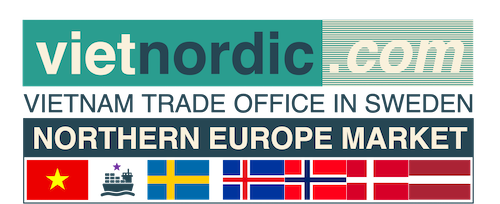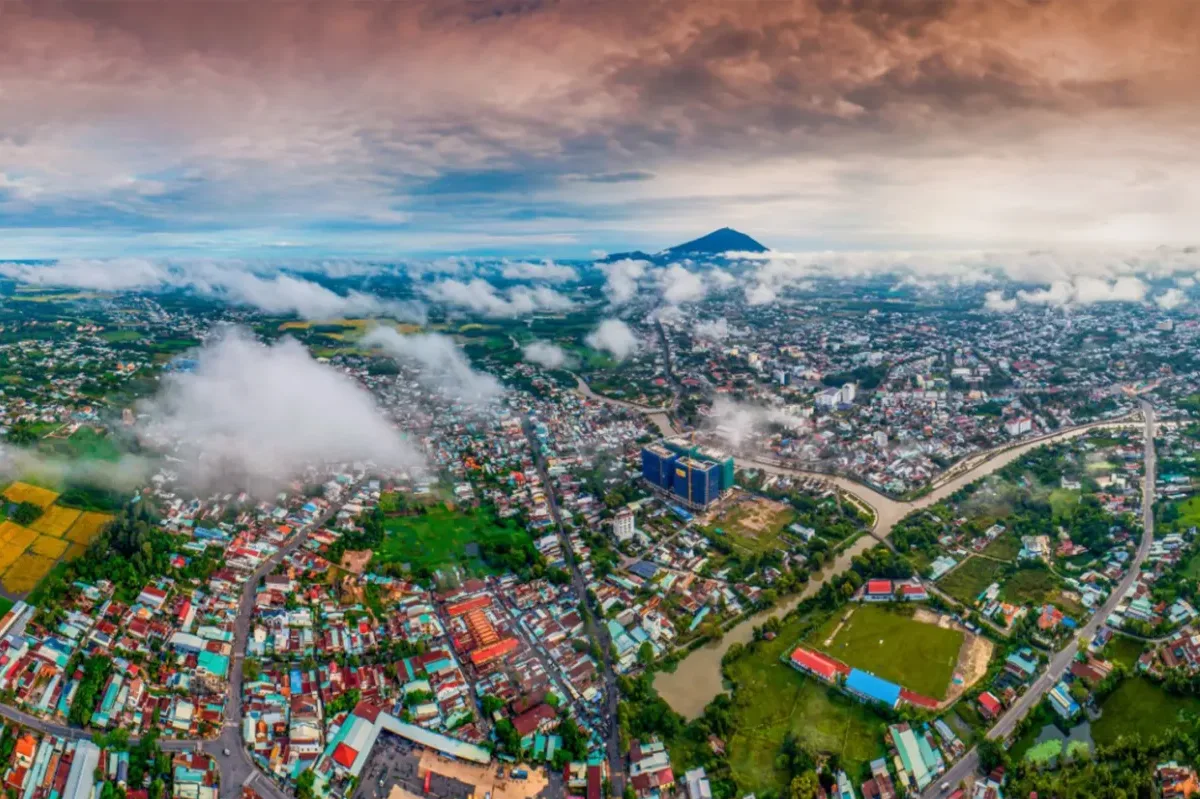The southern province of Tây Ninh is seeking to attract foreign direct investment (FDI) in the agriculture sector.
The adoption of high technology in agriculture is seen as crucial for increasing the value chains of agricultural products and promoting sustainable growth.
Nguyễn Thanh Ngọc, chairman of the provincial People’s Committee, said: “Tây Ninh is committed to improving the investment environment and attracting strategic foreign investors.”
The province aims to become a leading agricultural and tourism hub in Việt Nam, contributing to job creation, economic development, and improved living standards for its residents, he added.
Tây Ninh has favourable conditions for agricultural development due to its terrain, which is characterised by a plateau and the presence of plains, along with abundant land resources.
Recognising this potential environment for agricultural activities, the province has focused on enhancing the value chain of agricultural products for years.
It has prioritised the promotion of agriculture development through the application of high technology.
The goal is to develop models of high-tech agriculture that increase value chains, linking production, preservation, processing, and exports by 2030.
Tây Ninh plans to establish 17 areas of high-tech agricultural production, with at least one certified supply chain and product consumption in each area by 2030.
It aims to achieve a high-value agricultural production area of VNĐ150 million per hectare in 2025 and VNĐ180 million per hectare by 2030.
It also aims to exceed a 40 per cent proportion of high-value agricultural products using high technology by 2025, reaching 50 per cent by 2030.
FDI has played a significant role in the development of Tây Ninh, contributing to job creation and improving the lives of local people.
To further enhance the FDI sector, Tây Ninh plans to support joint ventures, partnerships, technology transfer, and value chain connections between local businesses and FDI enterprises.
The province will also invest in infrastructure, including road and waterway systems, to facilitate the transportation of goods.
It will also focus on developing industrial clusters and parks, improving logistics efficiency, and attracting large-scale projects with advanced technology and environmental considerations.
In 2022, Tây Ninh ranked 15th out of 63 provinces and cities in attracting foreign investment.
The province has attracted more than $515 million worth of foreign direct investment (FDI) so far this year, up 130 per cent year-on-year.
Its industrial parks (IPs) such as Phước Đông Industrial Park, Chà Là Industrial Park, Bến Củi Industrial Park, and Hiệp Thạnh
Industrial Park have attracted many new investment enterprises as well as increased capital.
Tourism as a key sector
Tây Ninh also aims to develop tourism as a key economic sector, aiming for it to contribute more than 10 percent to the province’s
Gross Regional Domestic Product (GRDP) by 2030.
The tourism industry has already played a crucial role in its socio-economic development by creating job opportunities and improving the quality of life in both rural and urban areas.
To capitalise on its tourism potential, the province is implementing various measures, with special emphasis on the development of Bà Đen Mountain.
Strategic investors Vingroup and Sungroup have been invited to collaborate on large-scale projects such as the construction of a commercial centre complex, shophouses, a five-star hotel, and a cable car system to the summit of Bà Đen Mountain.
It is projected that tourism in Tây Ninh will create over 7,400 jobs within the next five years, with a revenue target of about $391.3 million and 18 million tourist arrivals.
Between 2026 and 2030, tourism revenue is expected to reach VNĐ35 trillion, with travel services revenue reaching VNĐ235 billion and 37 million tourist arrivals.
The sector has experienced strong growth in recent years. It welcomed over 4.2 million tourist arrivals in the first nine months, up 9.3 per cent year-on-year.
Tây Ninh has a thriving economy, with a growth rate of 9.6 per cent in 2022, the highest in the southeastern region.
It is part of the southern key economic zone along with HCM City, Bình Dương, and Long An. The Mộc Bài border gate in Tây Ninh also plays a significant role in facilitating trade. — VNS

